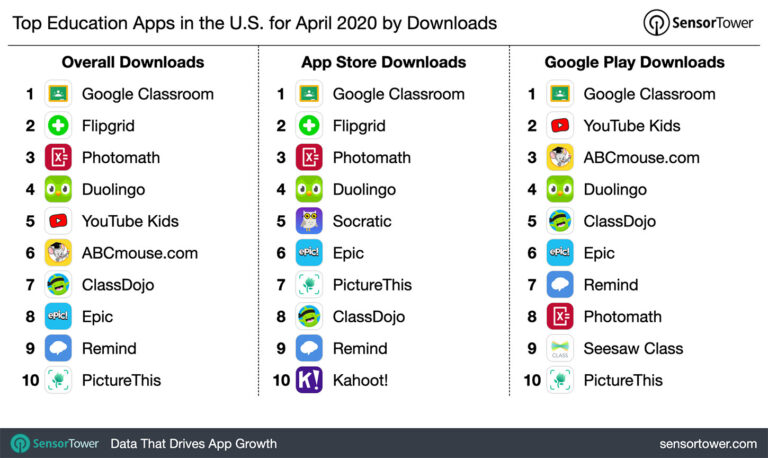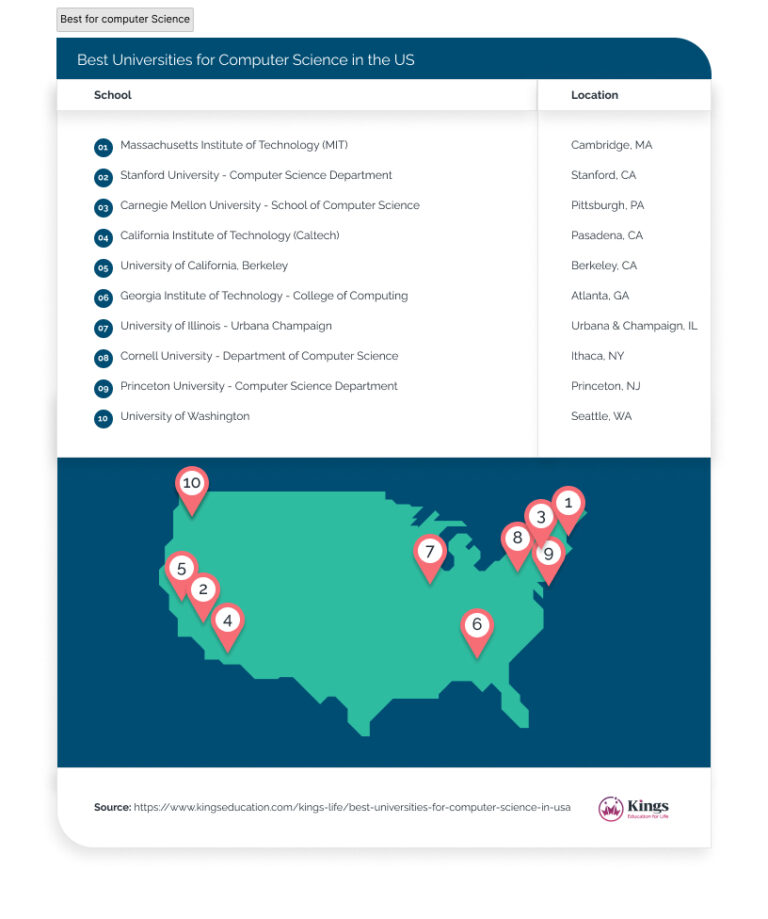The Benefits of Bilingual Education Programs: Unlocking a World of Opportunities
Bilingual education programs offer a unique and valuable approach to learning by teaching students in two languages. These programs have become increasingly popular as globalization makes language proficiency a key asset in the modern world. From enhancing cognitive abilities to fostering cultural awareness, bilingual education provides students with a wealth of benefits that extend far beyond the classroom. Whether you’re a parent, teacher, or educational policymaker, understanding the advantages of bilingual education is crucial for shaping the future of our students. In this article, we’ll explore the numerous benefits that bilingual education programs offer, from cognitive development to better career prospects.
Cognitive Advantages: Boosting Brain Power
One of the most compelling benefits of bilingual education programs is their impact on cognitive development. Research consistently shows that learning two languages improves brain function and enhances cognitive abilities such as problem-solving, multitasking, and memory retention. Bilingual individuals have been found to have superior executive function skills, which are crucial for tasks like planning, attention control, and decision-making.
Furthermore, bilingual students have a heightened ability to switch between tasks and process information more efficiently. Studies have also shown that bilingualism can delay the onset of cognitive decline and dementia in older adults. By engaging both hemispheres of the brain, bilingual education not only improves academic performance but also strengthens the brain in ways that extend into adulthood.
Cultural Awareness and Global Perspective
Bilingual education programs expose students to multiple cultures, fostering an understanding and appreciation of diverse perspectives. This is particularly important in today’s interconnected world, where cultural sensitivity and global awareness are essential skills. Learning a second language allows students to engage with people from different backgrounds, deepening their cultural knowledge and empathy.
Bilingual students often have better social skills, as they are more likely to understand and navigate different cultural norms. Additionally, they are equipped to communicate effectively in a globalized job market, making them valuable assets to international businesses and organizations. In a multicultural society, bilingual education helps bridge divides and promotes inclusivity.
Academic Performance: A Path to Success
Students in bilingual education programs often outperform their monolingual peers in various academic areas. Research shows that bilingual students tend to have better reading comprehension, vocabulary acquisition, and overall academic achievement. This is because learning a second language improves literacy skills in both languages, reinforcing grammar, syntax, and word usage.
Bilingual education also encourages critical thinking and problem-solving, as students must navigate the complexities of two languages and cultures. This analytical thinking enhances their ability to understand abstract concepts and approach problems from different angles. As a result, bilingual students are often better prepared for academic challenges and perform at higher levels in standardized tests.
Career Advantages: Opening Doors to Global Opportunities
In an increasingly global economy, being bilingual provides a significant edge in the job market. Employers across various industries value employees who can communicate in more than one language, especially in sectors like international business, healthcare, diplomacy, and education. Bilingual individuals can work in diverse settings, collaborate with international teams, and build relationships with clients from different linguistic backgrounds.
Additionally, bilingual employees often earn higher salaries than their monolingual counterparts. According to research, bilingual workers can command a premium in many industries, as their language skills are seen as a valuable asset to organizations looking to expand into new markets or serve diverse customer bases. In the competitive job market of the future, bilingualism is a key factor in standing out and advancing one’s career.
Social and Emotional Benefits: Strengthening Communication Skills
Bilingual education programs not only improve academic and cognitive skills but also have significant social and emotional benefits. Bilingual students often develop stronger communication skills, as they must learn to express themselves clearly in two languages. This ability to communicate effectively with a wide range of people is an invaluable social skill that helps students build relationships and navigate various social situations.
Additionally, bilingual students are better equipped to manage complex emotions and understand multiple viewpoints. By balancing two languages and cultures, they develop adaptability, empathy, and resilience traits that contribute to emotional intelligence and overall well-being.
Frequently Asked Questions
1. How does bilingual education improve cognitive function?
Bilingual education improves cognitive function by engaging both sides of the brain, enhancing memory, problem-solving, multitasking, and executive function skills. Bilingual individuals are better at switching tasks and processing information efficiently.
2. Can bilingual education help students in their academic studies?
Yes, bilingual students often perform better academically than monolingual students. They tend to have stronger reading comprehension, vocabulary, and critical thinking skills, which enhance their overall academic performance.
3. What are the career benefits of bilingual education?
Bilingual individuals have a competitive edge in the job market, as employers value language skills in a globalized economy. Bilingual workers are often paid more and have access to more diverse career opportunities, especially in international business and communication-focused industries.
4. How does bilingual education contribute to cultural awareness?
Bilingual education exposes students to different cultures, fostering understanding and empathy. This cultural awareness allows students to interact more effectively with people from diverse backgrounds and prepares them for a globalized world.
5. Are bilingual education programs effective for young children?
Yes, research shows that bilingual education is particularly beneficial for young children, as their brains are more adaptable and receptive to learning new languages. Early exposure to a second language enhances cognitive development and can lead to long-term academic and social benefits.



